Other educational research
Several other strands of research have strongly influenced the development of Building Learning Power. Here we note just a few of them.
Professor Mihalyi Csikszentmihalyi has significantly advanced our understanding of creativity and creative learning. His concept of flow, a state of focused attention in which one is wholly engaged in learning and which, he has demonstrated, has a hugely positive impact on learner wellbeing, has been important in developing aspects of BLP.
Michael Fullan, Emeritus Professor at the University of Toronto’s Institute for Studies in Education, has undertaken extensive research into educational leadership and change. He has demonstrated the central importance of creating cultures of learning which engage teachers collaboratively and has been consistently realistic about the persistence required by schools wanting to change their practices.
Lauren Resnick is Professor of Psychology at Pittsburg University and one of the most eminent American psychologists of the last fifty years. Her thinking about real-world learning and how it is different from school learning is central to BLP. She has been a pioneer in advocating the central importance of habits of mind as the core component of what it is to be intelligent.
Sir Ken Robinson has been a dominant force in shaping policy and practice, especially in the US and UK, with regard to creativity and learning. He has championed schools which put learners at the centre of their curriculum and do their utmost to unearth every young person’s ‘element’, the aspects of their own talents which matter most to them and which will engage them throughout their lives.
Professor Martin Seligman is the director of the Positive Psychology Center at the University of Pennsylvania. His work on positive psychology and specifically his concept of ‘learned helplessness’ has done much to shape our understanding of what it is to be resilient and resourceful in learning.
Professor Robert Sternberg is Provost at Oklahoma State University and acknowledged as a world authority on intelligence. His thinking about the degree to which intelligence is both experiential and practical, and especially the degree to which it is part of real-world learning, is central to BLP.
Chris Watkins is Reader in Education at the London Institute of Education. For several decades his tireless work with the International Centre for School Improvement has explicitly made the link between students who have more advanced conceptions of learning and higher levels of attainment.
Dylan Wiliam is Emeritus Professor of Educational Assessment at the London Institute of Education. His groundbreaking work on Assessment for Learning was an important stepping stone on the way to shifting teacher understanding of the role of formative assessment and the broader importance of a more scientific approach to helping learners become better learners.
BLP’s American cousin: Art Costa’s work on ‘habits of mind’ (HoM) until around 2004, after we had developed our own framework. Costa had been developing an approach that is probably the closest cousin to BLP, offering advice to teachers about structuring their teaching around a list of 16 ‘habits of mind. These overlap considerably with BLP’s 17 learning capacities. The common features include curiosity and questioning, noticing and observation, perseverance, questioning, exploring possibilities through imagination, clear thinking and reasoning, checking and improving, distilling principles and applying lessons for the future, meta-learning or metacognition, interdependence with others, and listening and empathy.

Carol Dweck
Carol Dweck and her work on developing a growth mindset. Most teachers nod knowingly and say they have heard of it. When pressed, many fewer have actually read much of her work, such as her excellent book ‘Mindset: The New Psychology of Success’.

David Perkins
David Perkins is a founding member of Harvard Project Zero, a basic research project at the Harvard Graduate School of Education investigating human symbolic capacities and their development.

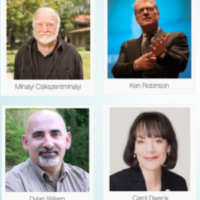
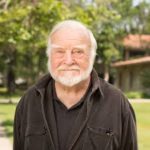


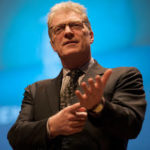


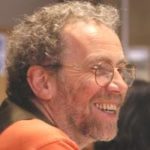

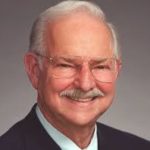
No comments yet.